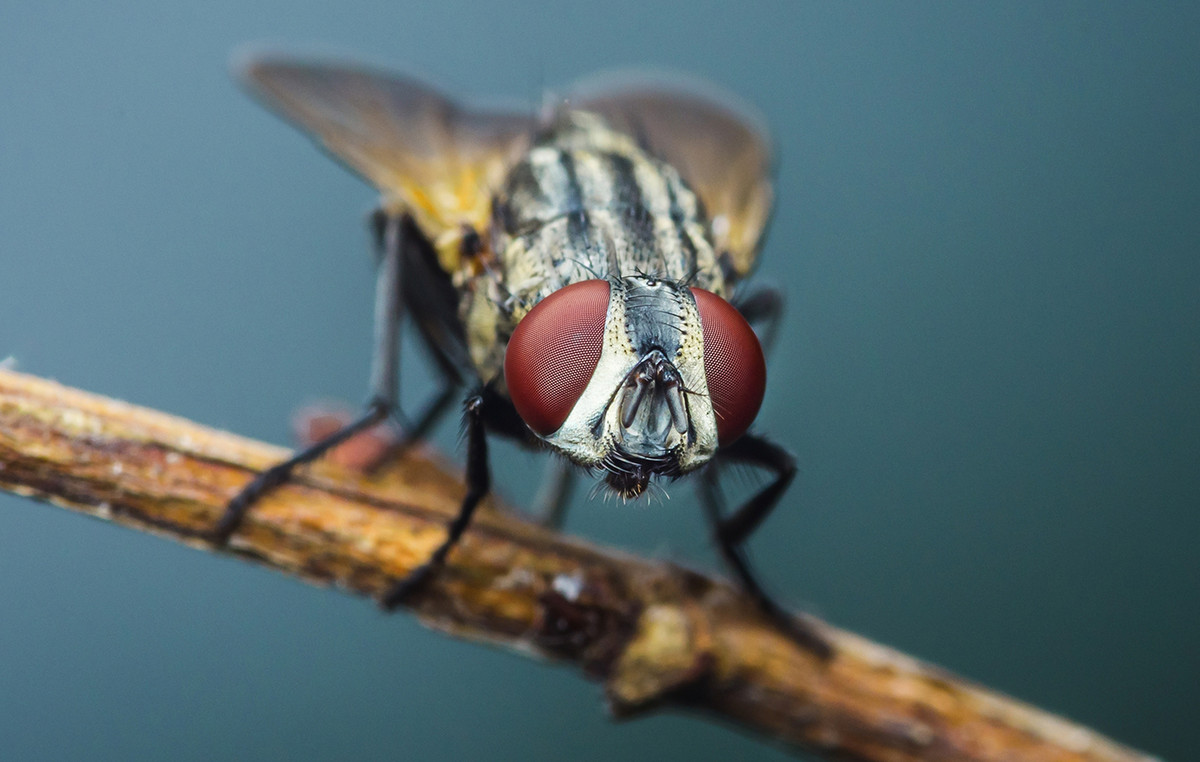«The most transmissible subvariant ever detected»: this is how the World Health Organization (WHO) labeled the XBB strain. 1.5, an Omicron mutation that first emerged in New York and rapidly exploded to cause large numbers of infections across the United States, where according to the Centers for Disease Control and Prevention (CDC) it is currently responsible for more than 40% of the country’s Covid cases. It has also recently been detected in Australia, New Zealand, the United Kingdom and several European countries, including Denmark, France, Germany and Spain.
Most variants of Omicron have never demonstrated a change in disease severity and, at present, there is no evidence that Kraken – as strain XBB.1.5 has been named since Canadian microbiologist Ryan Gregory, inspired by a sea monster from Scandinavian folklore – causes more severe disease than other variants.
The reason why Kraken is attracting a lot of interest, however, is linked to the fact that it seems to have a big “advantage” compared to the other subvariants, namely: it is more effective in infecting people and this could make it the cause of a new wave of infections. It seems, moreover, that it easily escapes immunity acquired with previous infections and vaccinations.
Last week, Harvard epidemiologist Eric Feigl-Ding shared a series of posts on Twitter about the so-called “super variant” XBB.1.5, warning that it would be “one of the variants most to invade the human cell” and that “spreads much faster” than older strains. He described it as the “next big event” noting how hospitalizations are already approaching last winter’s Omicron levels.
Twitter content
This content can also be viewed on the site it originates from.
During a press conference in Geneva, the director general of the World Health Organization, Tedros Adhanom Ghebreyesus, reassured that “WHO is closely following and assessing the risk of this subvariant”, which is gaining ground alongside Gryphon, other prevalent mutation. He then added: «we are now entering the fourth year of the pandemic, however the world is in a better situation than in years past thanks to care management, vaccines and treatments. For most of 2022, Covid has been in decline.
“The positive side is that these mutations do not follow a scientific design of the virus but are stumbling blocks and so far we have never had more pathogenic variants than Omicron,” he said. Fabrizio Pregliascovirologist at the State University of Milan, at theAdnKronos. “Kraken it could have a higher immunoevasiveness but we need to wait for more definitive data».
Wearing the mask on public transport and on planes, in shopping malls, supermarkets and wherever you are among people, together with proper ventilation of the rooms therefore remain the best weapons to fight the virus, since eradicating it from the air that’s the best way to check it.
Covid: the possible consequences of the spread of Omicron BF.7, the variant that is dominating in China
Covid, mandatory tests for those arriving from China: can there be new variants?
More and more people wear masks: is the fear of Covid back?
Scientist Alessandro Vespignani: «Will there be new pandemics? In the meantime, let’s keep an eye on the flu viruses »
Covid, all the answers to doubts about the fourth dose of the vaccine
Covid, what is happening in China and why the WHO is “very concerned”
Source: Vanity Fair
I’m Susan Karen, a professional writer and editor at World Stock Market. I specialize in Entertainment news, writing stories that keep readers informed on all the latest developments in the industry. With over five years of experience in creating engaging content and copywriting for various media outlets, I have grown to become an invaluable asset to any team.







